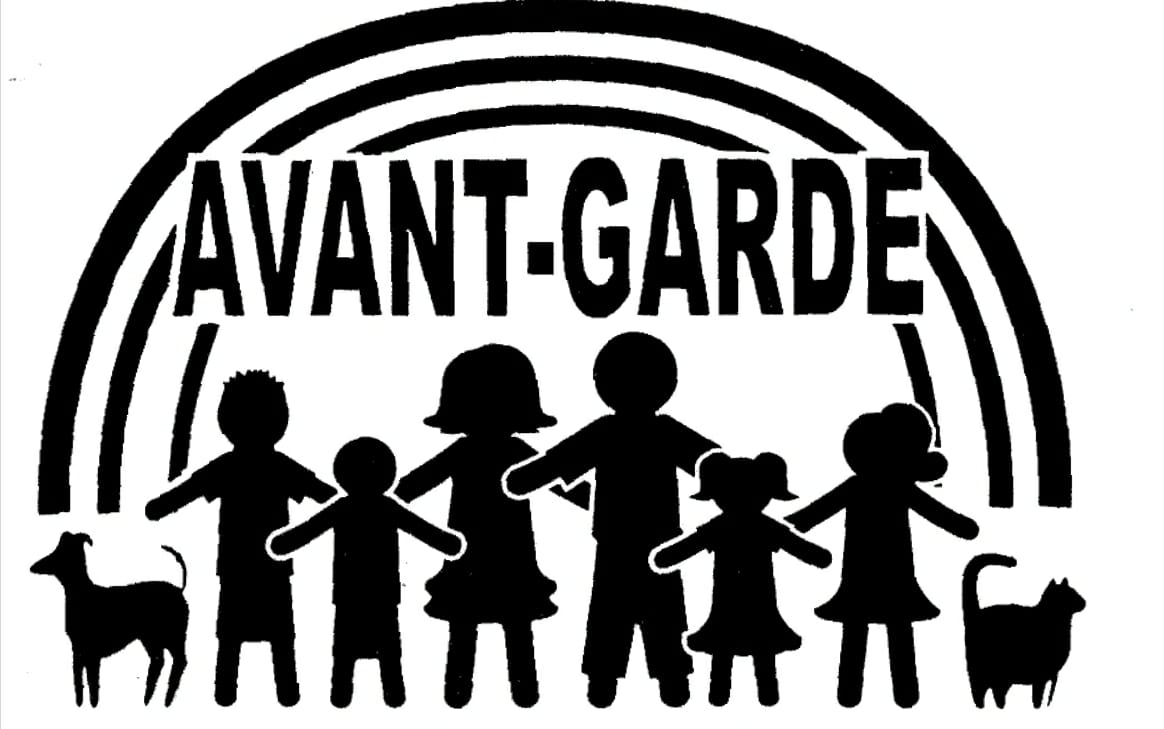
It’s Not Fair
Normally, a young person’s 18th birthday is a highly anticipated time of celebration. But for those in foster care, it can mean being launched unprepared into a harsh world.
Few parents are likely to throw their child out of the house on their 18th birthday. But with kids in foster care, that can essentially be what happens.
In many states, turning 18 means “aging out” of the system.
With today’s economy, about half of all 18-24 year-olds live with their parents. Foster youth don’t always have that option when their financial support ends.
Complicating the Issue
Most foster youth have spent their lives without a voice in making their own decisions; therefore they have never developed decision-making skills necessary to survive independently. Nor have they learned essential life skills needed to live on their own.
To make matters worse, due to traumatic experiences foster youth often suffer from complex mental health issues, physical complications, and developmental delays, unlike their non-foster counterparts. These issues hinder job opportunities and quality of life. Without proper support, most don’t continue to seek the much-needed care they require.
The statistics are disheartening. A tremendous number of these emancipated and aged-out young adults end up homeless, pregnant, and/or incarcerated. This creates a costly scenario for state governments and a continuing cycle of loss, abuse, and dependancy.

Helpful Legislation
In 2012, California passed the California Fostering Connections to Success Act (AB12) which allows foster youth the option to remain in the system through age 21. Approximately 25 states have the same or similar legislation, while more states are working on adopting such laws.
There are some requirements the youth must fulfill:
- Completing High School or an equivalent program
- Enrolled at least half-time in college, community college or a vocational education program
- Employed at least 80 hours a month
- Participating in a program/activity designed to remove barriers to employment
- Unable to do any of the above because of a medical condition
For those who choose this option, the transition into independent adulthood is well supported and the outlook far more promising.
See the details here:
http://www.fosteryouthhelp.ca.gov/pdfs/AB12BenefitFlyer.pdf (NOTE: As of January 1, 2014, the age is increased to 21 years old.)
What You Can Do
Families who choose to foster teens can offer tremendous support through this time of transition. If you would like to know more about becoming a foster parent for teens, please contact our office at 951-735-5300 to arrange an orientation. We want to answer all your questions and concerns.
Article written by Cindy White Horvath. She can be reached at cindy@avgffa.org



